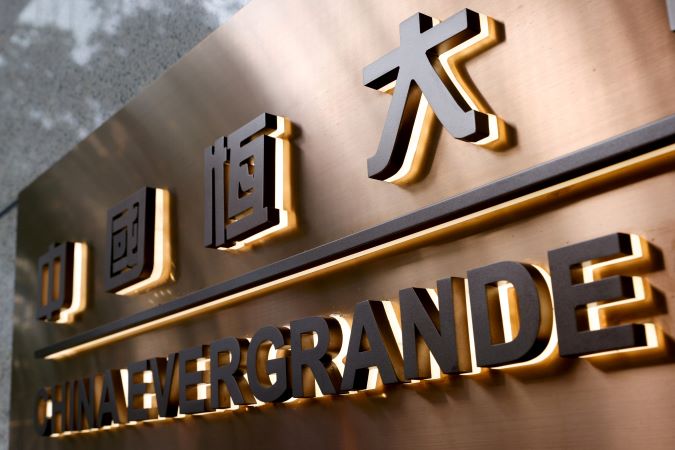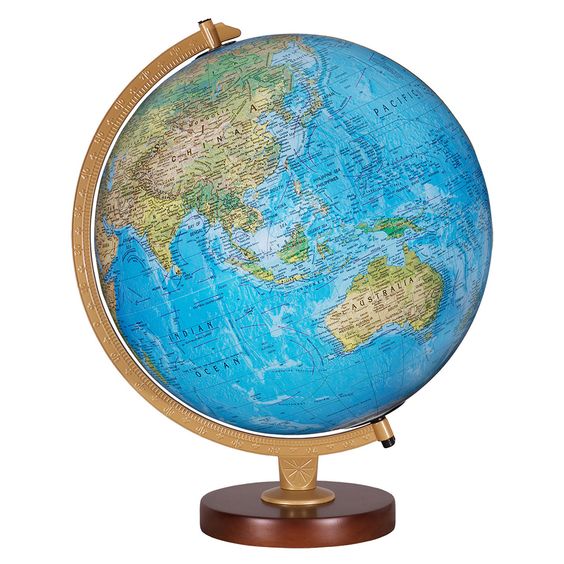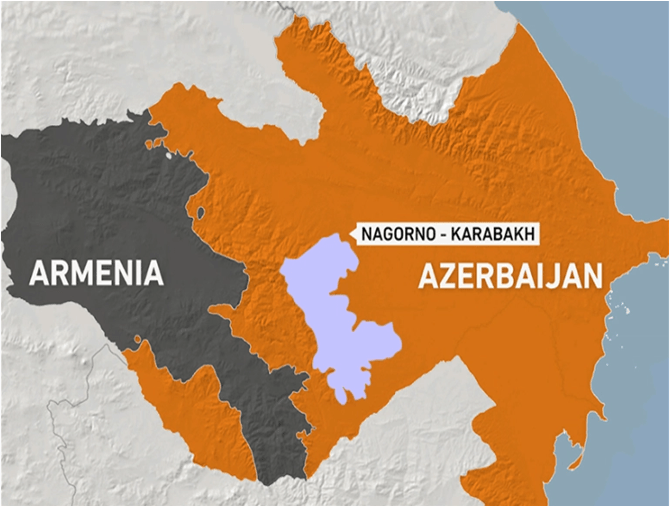
Western perspective of crises faced by Chinese property giant Evergrande
By Tom Arms
Uncertainty—political and economic—is the buzzword doing the rounds as the world faces the imminent collapse of Chinese property giant Evergrande.
And the market—in fact everyone—hates uncertainty.
No one knows how the Communist Party leader Xi Jinping will react. Will he take the view that Evergrande is too big to fail or too big to save?
What will be the reaction of the millions of Chinese who are set to lose the money they gave to Evergrande and Country Garden (the other Chinese property company on the brink of collapse) for unfinished homes?
Will the problem of Chinese homelessness, high youth unemployment (currently running at 21.3 percent) and slow recovery from Covid create social unrest? And if it does, past performance indicates that Xi would respond with increased repression.
Can the ruling Chinese Communist Party escape the political consequences of its high-growth policies by shifting blame onto the shoulders of the companies’ management?
Evergrande’s debts total $300 billion. Country Garden’s liabilities are estimated at another $100 billion. Between them they directly employ more than 250,000 workers. Indirectly, millions of jobs will be impacted in industries servicing the property market.
Millions more will be affected by the credit crunch that will inevitably follow as exposed banks either go to the wall or are forced to cut lending to survive. Less money in the system means less for the growing Chinese middle classes to spend. This will hit Western companies reliant on the Chinese market such as Volkswagen, General Motors, Dyson, Burberry, Chanel, McDonalds, KFC, Apple, Target, Walmart and many others. And the banks that loaned them money to expand into the Chinese market will be hit.
The inevitable contraction in the Chinese economy will mean fewer Yuan to spend on imports. As most Chinese exports are manufactured products, this will probably benefit manufacturing industries in the West but damage the major commodity producers such as Australia, Latin America, Brazil, Africa, American farmers and the oil-producing countries.
Also read: China’s Evergrande chairman put under police surveillance
As usual, the poorest countries will be hit the hardest. Chinese banks have become a major source of loan capital for large swathes of Africa, Southeast Asia and Latin America. Several countries have already defaulted, are on the brink or in the middle of major restructuring negotiations with Chinese banks who will now have less money to accommodate them.
A major default by developing countries opens the possibility of increased unrest in those countries and the possibility of a boost in economic migrants to developed countries. This in turn creates another set of political problems.
Chinese economic problems could also have major foreign policy implications. Beijing could conclude that it needs American and European help to dig itself out of the Evergrande hole. In which case they may be more accommodating on issues such as Ukraine, the South China Sea and Taiwan. On the other hand, the regime may attempt to distract Chinese from their domestic problems by creating foreign crises.
 World Review
World Review
Nagorno-Karabakh is no more
The centuries-old Christian enclave has finally been absorbed into Muslim and Turkish-dominated Azerbaijan. Tens of thousands of residents have fled to refuge in Armenia and many more face the possibility of persecution.
The fate of Nagorno-Karabakh has been in dispute since the Persian Empire hived off a considerable slice of the Armenian Kingdom in the seventh century. Since the end of the Cold War it has been the cause of two wars and innumerable skirmishes between Azerbaijan backed Turkey and Armenia backed by Russia.
The end of Nagorno-Karabakh has signaled a major shift in the geopolitical forces in the southern Caucasus. Russia and Vladimir Putin have suffered a major blow. They are the historic protectors of Armenian interests in the region and the main reason that landlocked Nagorno-Karabakh existed as an autonomous political entity for as long as it did.
 But the Ukraine War has siphoned off Russian military resources, including some of the 1,000 Russian peacekeepers who were keeping the Turkic-speaking Azerbaijanis at bay. As a result, the Armenians lost faith in the protective abilities of Russian sponsors and allowed themselves to be seduced by American blandishments. They even went so far as to sign up to the jurisdiction of the International Criminal Court which has issued a warrant for the arrest of Vladimir Putin.
But the Ukraine War has siphoned off Russian military resources, including some of the 1,000 Russian peacekeepers who were keeping the Turkic-speaking Azerbaijanis at bay. As a result, the Armenians lost faith in the protective abilities of Russian sponsors and allowed themselves to be seduced by American blandishments. They even went so far as to sign up to the jurisdiction of the International Criminal Court which has issued a warrant for the arrest of Vladimir Putin.
The problem is that geography, history and cultural links meant that Russia was always the Armenians best bet.
France is undergoing its own version of climate change-wrought water wars
Soaring temperatures have dried up groundwater resources and reduced the water available from snow and glacial melt in the Alps and Pyrenees. To compensate the government is forced to rely increasingly on reservoirs. These are being partly filled with rainwater and partly by diminishing groundwater resources.
More than 100 plastic-lined mega reservoirs have been built or earmarked for construction. Their capacity is equivalent to 1,600 Olympic-sized swimming pools.
All this sounds like the government is responding to the shortage. But the problem is how the water is shared. French farmers are a big lobby and agriculture is being given priority for irrigation purposes as opposed to domestic and industrial users.
But even among the farming community there are disagreements. Because of the cost of pumping stations, the farms nearest to the reservoirs are the ones that benefit. That is only about 15 percent of the farms. The result is that farmers are fighting farmers, domestic users are fighting farmers and industrial users. Industrial users are fighting farmers and domestic users and everybody is fighting the government. A series of demonstrations has so far led to about 500 injuries.
There have been two significant developments on climate change law this week
One involves a case brought by the Pacific island of Vanuatu and the second has been lodged by six young Portuguese people aged 11 to 24.
The latter is the largest climate change case in history and involves 32 European governments who are accused by the six young Portuguese of failing to abide by commitments to reduce greenhouse gas emissions. Their failure, say the young people, is breaching their fundamental human rights, including the right to life, privacy, family life, mental and physical health and freedom from discrimination.
Not a single one of the plaintiffs is seeking financial compensation. Their aim is to simply legally bind the governments to abide by the climate change commitments they have made. The case opened on Wednesday before the European Court of Human Rights in Strasbourg and a legally binding verdict is expected in 18 months.
Also, on Wednesday, Vanuatu won an historic UN vote which says that the UN International Court of Justice can rule on the legal responsibility of governments to fight the climate crisis. Unlike the Strasbourg court, the UN body’s ruling is non-binding, but its judgments have a major impact on cases before national courts.
This week’s moves are part of a growing number of climate change court cases. Between 2017 and 2022 the number of cases has nearly trebled from 884 a year to 2,180. Most of them are in the US, but, according to the UN Environment Program (UNEP), 17 percent of them are in the developing world.
They include a decision by the Brazil Supreme Court that the Paris Agreement on Climate Change is a human rights treaty which enjoys “supranational status.” And a Dutch court ruled that oil giant Shell had to comply with the Paris Agreement and reduce its emissions by 45 percent.
Climate change was near the top of the agenda at the Pacific Island Summit in Washington this week
The islands have done virtually nothing to contribute to global warming. Their economies are comprised mostly of subsistence fishing and farming with a bit of tourism thrown in for good measure. Yet these low-lying island nations are threatened with submersion by rising low levels which scientists agree are caused by climate change.
Six of the Solomon islands have already disappeared beneath the waves and communities have had to be moved either to higher ground or to other islands in Tuvalu, Kiribati, Vanuatu and the Marshall Islands.
President Biden this week pledged $200 million to the islands as part of a diplomatic offensive in the region. But not all of it is going on climate change. A big chunk is being spent on an undersea cables network to connect the region’s telecommunications and money is being spent developing fishing industries.
The American finance has been spurred on by a growing Chinese interest in the region. Last year, Beijing signed a security cooperation deal with the Solomon Islands which will allow Chinese naval ships access to the archipelago.
Solomon Islands Prime Minister Manasseh Sogavare was conspicuous by his absence from the White House summit. Shortly before the meeting he told the annual UN General Assembly that China was the Solomon Islands’ “true friend.”
_______________
 Tom Arms is foreign editor of Liberal Democrat Voice and is currently working on an update of his Encyclopaedia of the Cold War. He also presents TransAtlantic Riff, a world affairs podcast which can be heard by clicking here https://open.spotify.com/show/3ntjretAKNLZNFpA5ZEGDG
Tom Arms is foreign editor of Liberal Democrat Voice and is currently working on an update of his Encyclopaedia of the Cold War. He also presents TransAtlantic Riff, a world affairs podcast which can be heard by clicking here https://open.spotify.com/show/3ntjretAKNLZNFpA5ZEGDG